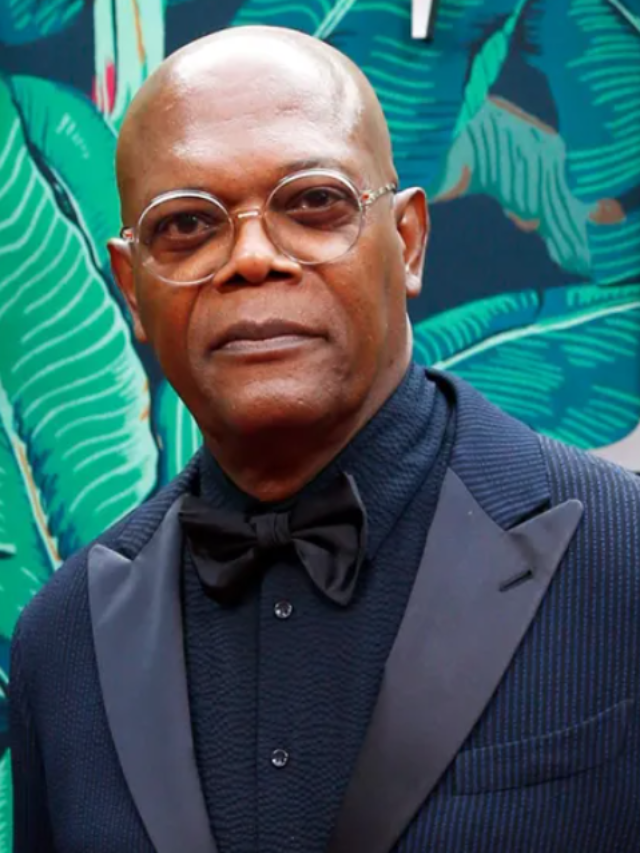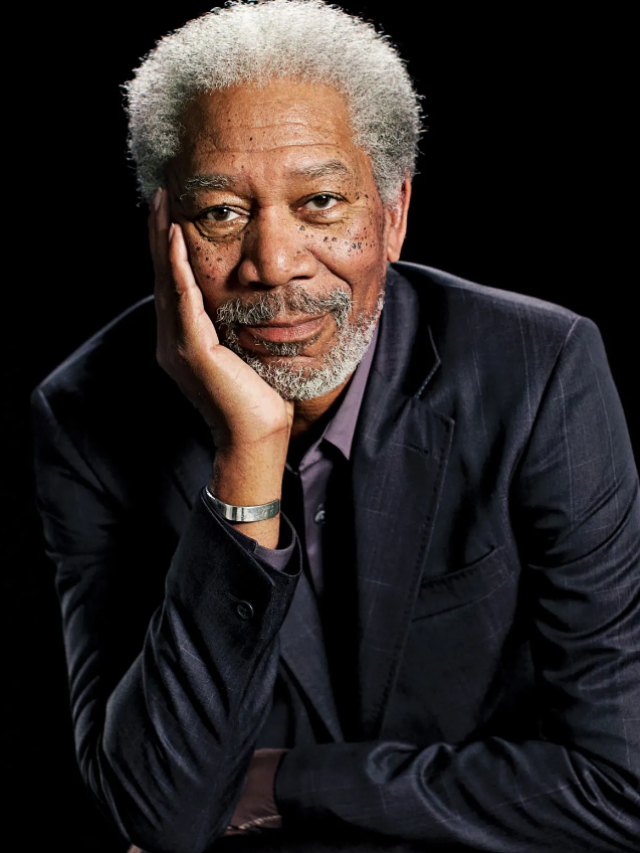Lionel Messi, the renowned Argentine footballer, recently shared his thoughts on the current best teams in the world, surprising many by excluding his own club Barcelona and Paris Saint Germain from the list. While representing Argentina in the upcoming Copa America, Messi believes that Real Madrid and Manchester City are the top sides in world football.
Messi’s reasoning for considering Real Madrid as the best team in the world is based on their impressive results, particularly their success in the Champions League. He acknowledges their dominance in European football and believes that their achievements speak for themselves. Real Madrid’s consistent performances and ability to win major trophies have earned them Messi’s admiration.
In addition to Real Madrid, Messi also expressed his admiration for Manchester City, specifically praising their style of play under the guidance of manager Pep Guardiola. Messi commends Guardiola’s training methods and the meticulous preparation he instills in his squad. Manchester City’s attractive and effective brand of football has caught Messi’s attention, leading him to consider them as one of the best teams in the world.
As Messi prepares for the Copa America, he believes that Argentina, along with Brazil, is always a strong contender for the title. Despite facing tough competition from teams like Uruguay, Messi considers Brazil, the defending champions, and the current World Cup winners, as the hot favorites in the tournament. Messi recognizes the talent and strength of the Brazilian team and acknowledges the challenge they pose to Argentina’s aspirations.
Argentina’s journey in the Copa America will kick off with a match against Canada on June 21. With Messi leading the team, Argentina aims to showcase their skills and compete for the coveted title. Messi’s belief in his national team’s capabilities, combined with his assessment of the best teams in the world, adds an intriguing element to the upcoming tournament.









